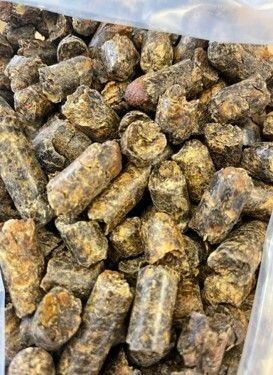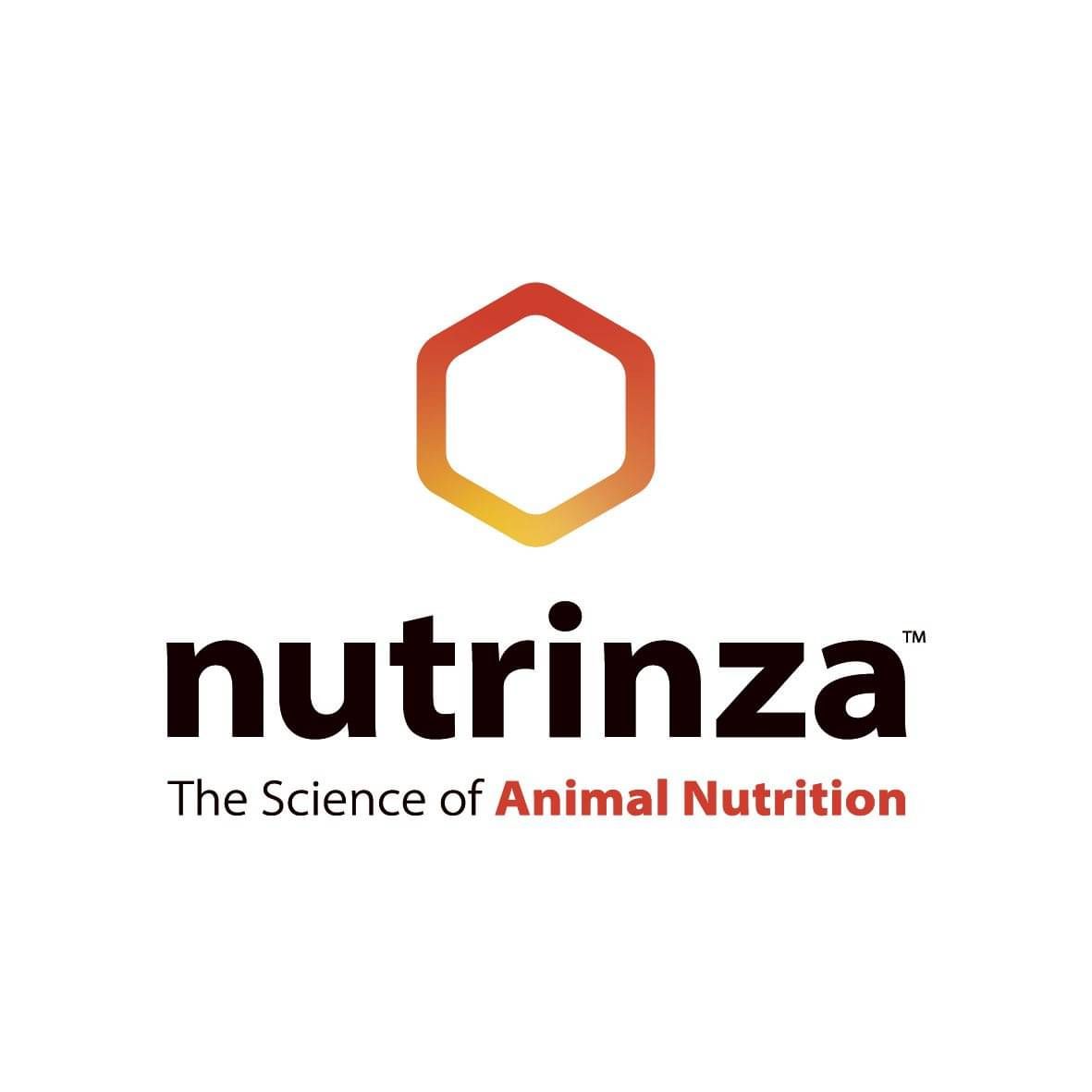Energy Feeds
Citrus Pulp Pellets
Citrus Pulp Pellet is a by-product obtained from the citrus juice industry.

Feeding Recommendations
Classified as an energy feed, it could replace a portion of feeds with the same characteristics as grains such as kibbled maize. However, CPP should not exceed approximately 30% of the diet. If feeding 4kg DM CPP or more, cows should be transitioned to the feed. In this instance, it is advised to feed half rates initially before moving to full rates.
Citrus Pulp has a high calcium content (up to 2%) and is low in Phosphorous. Phosphorous supplementation should be considered when higher inclusion rates are used.
It is predominantly a feed for ruminants due to the fibre content and presence of Limonene which can be toxic to monogastrics. It is also not recommended for calves younger than 2 months.
Citrus pulp pellets are hygroscopic and should be stored under dry conditions to prevent quality issues.
Note: Consult your milk supply company for FEI guidelines
DM | 88% |
ME (MJME/kg DM) | 12.4 |
Crude protein | 7.6% |
NDF | 20.3% |
Starch | 0.6% |
Total sugars | 23.5% |
Calcium | 1.72% |
Phosphorus | 0.1% |
Potassium | 1.1% |
Description
Citrus Pulp Pellets are the ground peel, residue of inside portions and occasional cull fruits of the citrus family, which have been limed, pressed, dried and pelletised. It is a dark brown pellet with a pleasant citrus odour.
The nutritional values can vary due to the type and proportion of citrus species used, the ratio of skins and seeds, the harvesting process and season.
Nutritional Benefits
Citrus Pulp has a highly soluble carbohydrate and highly digestible fibre content, making it a good energy source. It has excellent palatability.
Research has indicated that citrus pulp could increase the fat content in milk, likely by increasing the production of acetic acid in the rumen and the quality and quantity of NDF.
In addition to its value as a dietary supplement, it contains an essential oil called Limonene. This compound has been shown to have antimethanogenic properties in vitro.
Want to find out more?
Contact your local TSR or the Nutrinza sales team.
Cattle Feed Storage on Farm
As with any grain or meal feed products need to be kept dry as moisture combined with heat can cause fungi to grow. Common on farm storage methods are: in a shed or unused fertiliser bin; in a covered pit; on a concrete pad; or in a cutting, covered with plastic sheet and tyres. Most feed should be used reasonably expediently (within 40 - 50 days). The longer you plan to store feed products the better your storage facilities need to be.
